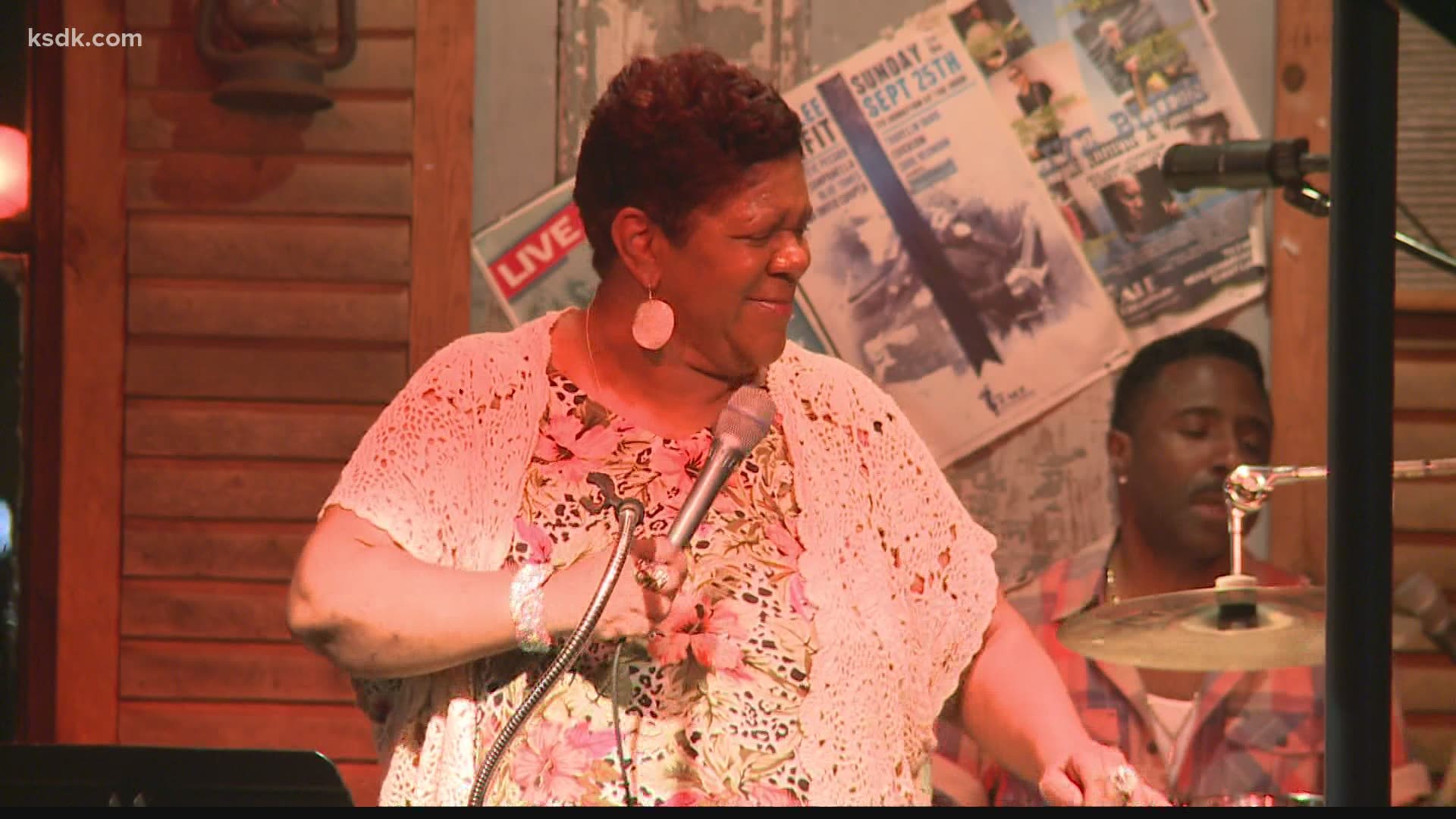ST. LOUIS — The Lawyers’ Committee for Civil Rights Under Law has created a post-cannabis conviction toolkit to provide a comprehensive overview of three main approaches states can use to begin to repair the social, political and economic consequences of marijuana-related criminal records. The toolkit also provides attorneys and advocates with resources to determine whether their states permit the expungement, sealing, or vacating of these records while also highlighting tools for advocates seeking local reform.
The War on Drugs has disproportionately harmed Black Americans and other marginalized communities, and a prior marijuana conviction is a major barrier to accessing the much-needed opportunities and resources to advance their quality of life, leading to a continuous cycle of economic hardships. These individuals cannot receive public benefits, apply for student loans or secure a well-paying job.
The toolkit provides three plausible legal routes — expungement, sealing, and vacating — one can take to begin repairing the consequences of marijuana-related records on vulnerable communities. Varying state laws, immigration consequences, and the expense of record expungement are all things that must be considered when determining the best strategy for either expunging, sealing, or vacating records.
“Over the past few years, significant progress has been made to address the expungement of certain cannabis-related convictions. States like Delaware, Hawaii, Illinois, and Washington, among others, have voted to authorize record relief for cannabis offenses. New Jersey, Illinois, and New York have authorized automatic processes,” the Lawyers’ Committee noted.
“We encourage everyone to explore creative options within your own jurisdictions. We also encourage advocates to help uplift the importance of automatic expungement within states. The Expungement Now: A Post-Conviction Toolkit for Attorneys and Advocates, provides messaging tools, facts, sample tweets, and tips for writing and placing an op-ed in a local newspaper to assist local advocates who seek reform.”
Sample tweets include:
- People use cannabis at roughly the same rate, yet a Black person is almost 4x more likely than a white person to be arrested for possession of cannabis. This is why automatic expungement for those with cannabis-related charges is so important for communities of color. #mjexpungementnow
- With a clean record, individuals have more access to housing, employment, education and other benefits to build and sustain a stable life. #mjexpungementnow
- The negative ripple effects of a marijuana charge are insurmountable. A criminal record can hold someone back from housing, jobs, benefits, and more. That’s why automatic expungement must be included in all marijuana legalization efforts, to put communities ravaged by the War on Drugs first. #mjexpungementnow
- Automatic marijuana expungement laws shift the burden from individuals to the state to determine who is eligible for expungement. Decriminalization is not enough; we must aim higher. #mjexpungementnow
The tips for writing an op-ed are:
- Make the case for why your voice matters. Be sure to provide biographical information, relevant credentials and/or how the issue impacts you or your community.
- Be timely. For state and local newspapers, be sure to tie the op-ed to local information about cannabis expungement, including current laws and any efforts to change these laws.
- Structuring your op-ed: Frame the problem. Clearly state your thesis (main point). Try to use three pieces of supporting evidence; these can be anecdotes, statistics, and/or examples that resonate to best support the thesis. Acknowledge the main opposing arguments to ensure that you address any questions the reader may have. Provide the solution. Succinctly close the op-ed by reiterating your main point.
“Although marijuana has become decriminalized in a number of states, Black Americans still cannot acquire the benefits of post-conviction relief,” said Tianna Mays, an attorney with the Criminal Justice Project at the Lawyers’ Committee for Civil Rights Under Law.
“Those who have been previously convicted of cannabis-related crimes struggle to get jobs, find housing, and become licensed for professional vocations. With expungement becoming more accessible, we must ensure that Black Americans receive their fair share of conviction relief. The fight for racial justice and equality needs the support of attorneys and advocates.”
Read the tool kit at https://tinyurl.com/Expunge-kit.



